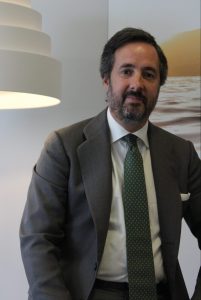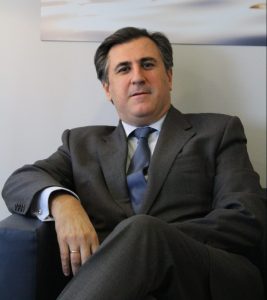Private Equity and SRI funds: long-term and sustainable investments
Topics: Private Equity, Unit-linked life insurance
We focus on two asset classes that are highly strategic for wealth planning in a context of significantly low or negative interest rates.
Incorporating private equity funds into a life assurance policy
Investing in private equity funds consists essentially of investing in companies that are not listed on financial markets. As this investment type is less affected by market fluctuations and interest rate movements (unlike other investment options such as stocks and bonds), it increases the overall return of a portfolio by diversifying assets and decoupling it from stock market fluctuations.
Due to the nature of the investment, private equity carries a long-term investment perspective, perfectly in line with the long-term view of the life assurance contract. In addition, investing in private equity within a policy allows you to benefit from the particularly favourable regulatory and tax framework for life assurance in different jurisdictions.
In this respect, it should be noted that the open architecture of Luxembourg life assurance allows for the contribution of private equity assets with great flexibility through internal dedicated funds and specialised insurance funds.
“Sustainable financing”, an accelerating trend in financial markets
Are sustainability and financial performance compatible?
SRI (“Socially Responsible Investment”) is based on the conviction that considering environmental, social or governance factors guarantees the financial performance of the sums invested over the medium and long term, as potential risks and conflicts are better analysed within this timeframe. In parallel, this approach has a true positive impact on the performance of a company and, therefore, on the investment funds that invest in it. Moreover, recent precedents have shown that SRI is resilient in a context of financial and economic crisis.
A booming sector
In listed companies and the investment funds that invest in them and which are subject to strict regulation, ESG performance is generally well scrutinised as the financial market demands more transparency in this area. However, there are some private equity funds where ESG management and reporting systems are lacking and we expect to see developments in this area in the future.
In our regular practice, we observe that the number of investment fund managers including SRI and ESG factors in their investment criteria is increasing significantly. At OneLife, we are convinced that such investments can increase significantly in the medium to long term and we are already in discussions with several managers in order to incorporate such funds that strictly comply with SRI and ESG criteria into our range of investment solutions.
The keys to success
Flexibility of Luxembourg unit-linked life insurance products
While guaranteeing a framework of protection for policyholders and lives assured, the Luxembourg regulator (“Commissariat Aux Assurances”) has for several years now allowed for a very competitive range of options in terms of underlying investments within a unit-linked life assurance contract.
One of the main advantages of the Luxembourg market is the possibility of accepting regulated assets (eg. hedge funds) or non-regulated assets (eg. holding companies or “alternative” funds). Indeed, as mentioned above, private equity funds remain very attractive and popular in the non-regulated asset class and OneLife actively promotes such solutions to partners and clients.
Regardless of the investment strategy applied and the risk profile of the policyholder, there is a minimum liquid asset requirement within the unit-linked life assurance contract of approximately 10% in order to ensure an appropriate level of liquidity within the policy.
Experience and expertise
The insurer remains the owner of all policy assets, including unlisted assets. Therefore, the insurer must establish an acceptance framework with sound technical expertise in order to be able to justify to the regulator at all times the proper management of potential risks. Indeed, the presence of a team of unlisted asset experts within an insurer is essential to support partners and policyholders in developing effective solutions within a regulated and supervised framework. This is undoubtedly a key success factor of the Luxembourg insurance industry and OneLife can confidently claim to have such expertise and teams in place.
Authors

Luis de la Infiesta
Country Manager Iberia & LATAM at OneLife

José Manuel Tara
Country Manager Iberia & LATAM at OneLife
Search posts by topic
Advisory (6)
Alternative Investment (23)
Alternative investments (2)
AML (1)
Art (1)
Asset Management (24)
Banking (16)
Compliance (1)
Crypto-assets (3)
Digital banking (6)
Diversity (6)
EU (6)
Family Businesses (3)
Family Offices (2)
Fintech (10)
Fund distribution (20)
Governance (8)
HR (8)
ICT (1)
Independent Director (5)
Insurance (1)
Internationalization (1)
LATAM (8)
Legal (9)
Private Equity (4)
Reinsurance (1)
Sustainable Finance (23)
Tax (15)
Technology (6)
Transfer Pricing (2)
Trends (16)
Unit-linked life insurance (6)
Wealth Management (11)

